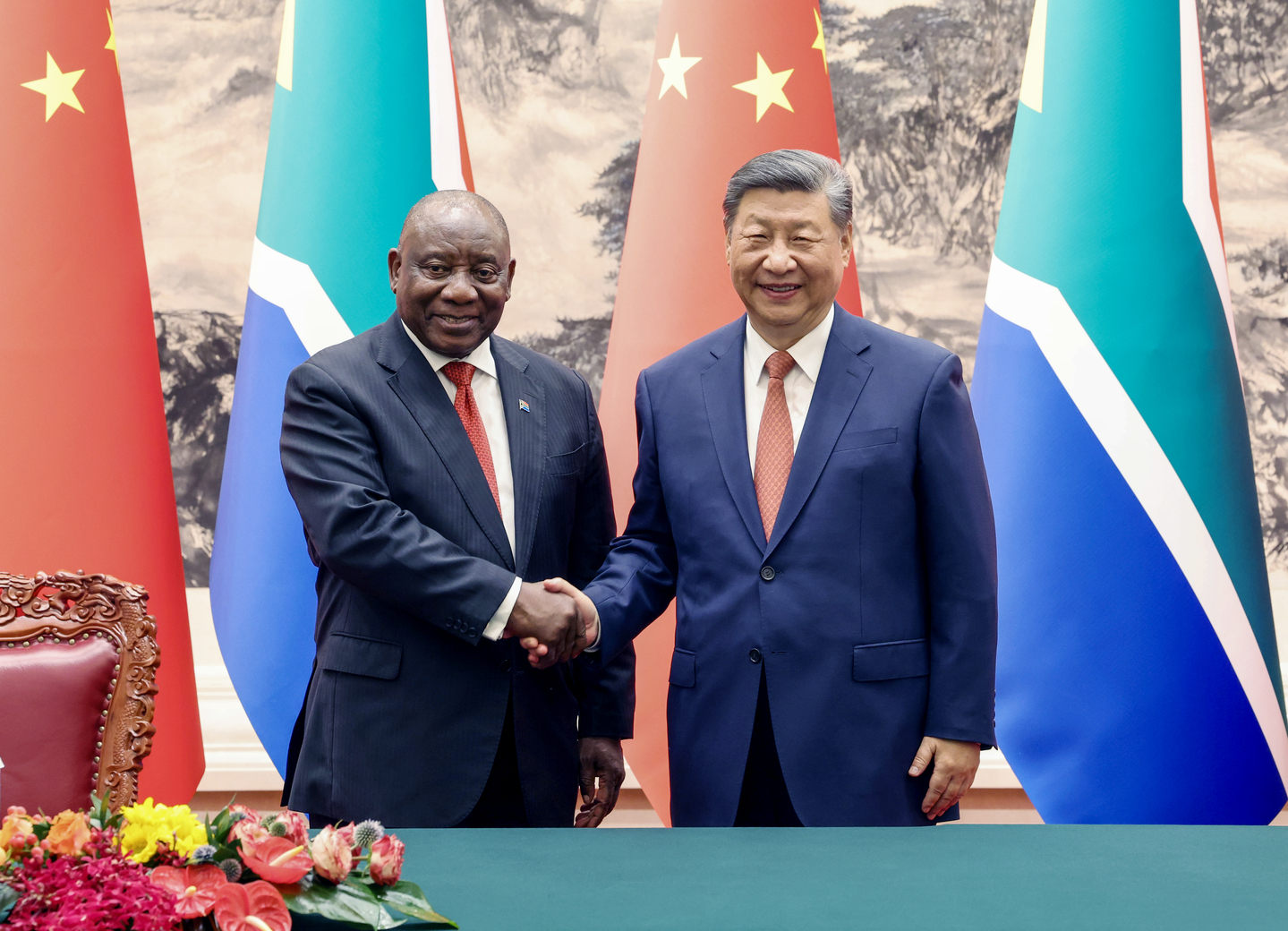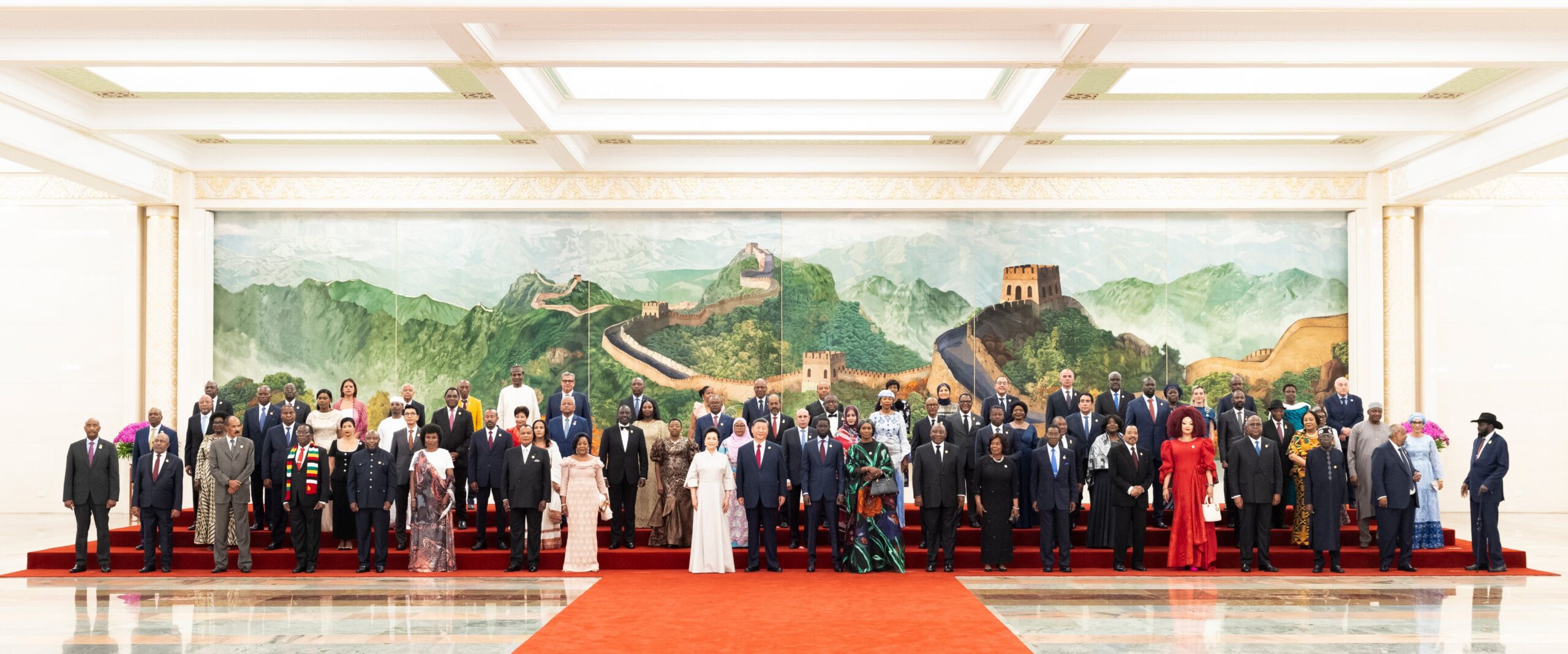At the Forum on China-Africa Cooperation (FOCAC) 2024, President Xi Jinping engaged in important discussions with African leaders aimed at enhancing bilateral relations, addressing developmental challenges, and promoting global cooperation.
His dialogues underscored China’s commitment to strengthening ties with Africa while tackling key issues of mutual interest. Some of the key highlights are discussed below:
Economic Cooperation
President Xi Jinping emphasized China’s dedication to increasing trade and investment in Africa. He outlined plans to expand Chinese investments in infrastructure, technology, and manufacturing. For example, Xi announced several major infrastructure projects, including a major road construction initiative and the expansion of a strategic port. These efforts are designed to foster economic growth and improve connectivity across the continent.

African leaders responded positively to these initiatives. Nigerian President Bola Ahmed Tinubu welcomed the infrastructure support, noting its potential to generate jobs and stimulate economic development. Tinubu also advocated for more balanced trade relations to ensure that both parties benefit equitably.
Debt Relief and Financial Assistance
Xi Jinping addressed concerns about debt sustainability in Africa by proposing a new framework for debt relief and financial support. This framework aims to ease the financial burden on indebted African nations. China offered to extend the grace period on existing loans and reduce interest rates on new loans.

Zambian President Hakainde Hichilema supported the debt relief measures, seeing them as a crucial step toward economic stability. He highlighted the need for clear and manageable terms to ensure that the assistance effectively resolves the country’s debt issues.
Climate Change and Sustainable Development
Climate change and sustainable development were significant topics in Xi Jinping’s discussions. He affirmed China’s commitment to supporting Africa in enhancing climate resilience and achieving sustainable development goals. Xi proposed increased cooperation on renewable energy projects and environmental protection, including funding for solar energy projects and technical support for climate adaptation programs.

Ethiopian Prime Minister Abiy Ahmed and Kenyan President William Ruto, who lead countries heavily affected by climate change, expressed appreciation for China’s support. They emphasized the need for timely implementation and effective technology transfer to maximize the benefits of these initiatives.
Global Governance and Multilateralism
In his discussions, Xi Jinping advocated for a more inclusive global governance system that represents the interests of developing countries. He proposed enhancing collaboration within the United Nations framework and supporting African countries in gaining greater representation in international institutions.

African leaders, including South African President Cyril Ramaphosa, endorsed Xi’s position on global governance. They stressed the importance of fair representation in international decision-making to ensure that developing nations’ voices are heard.
African leaders can strategically leverage the outcomes of President Xi Jinping’s discussions to advance their countries’ development and international standing. They should align infrastructure projects with national development plans, ensure effective project management, and use these investments to build local capacity, create jobs, and stimulate economic growth.
For debt relief, leaders should negotiate clear and sustainable terms and implement robust debt management strategies to maintain financial stability. Prioritizing renewable energy and climate adaptation projects funded by China can enhance energy security and environmental sustainability. Leveraging China’s technical support can help build local expertise in these areas.

Leaders should also use Xi’s support for greater African representation in international institutions to advocate for increased influence in global decision-making processes. By participating in collaborative platforms and diversifying trade relations with China, they can ensure balanced and beneficial trade agreements and attract more investments.
Continuing to build on the positive relationships established during FOCAC will help secure additional support and collaboration across various sectors. African leaders can use their strengthened ties with China to engage with other global partners and secure further resources and support.
By strategically utilizing the discussions and agreements from FOCAC 2024, African leaders can drive significant development outcomes, enhance their countries’ global positioning, and work towards a more prosperous and sustainable future.
Adetoro Banwo Ph.D.
University of Lagos, Nigeria.

